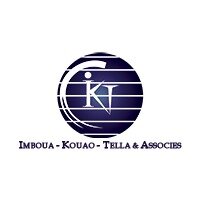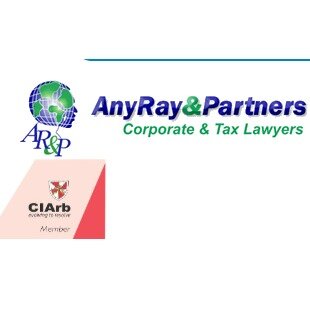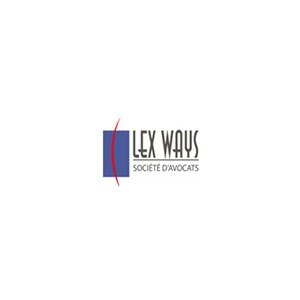Best Patent Lawyers in Ivory Coast
Share your needs with us, get contacted by law firms.
Free. Takes 2 min.
Or refine your search by selecting a city:
List of the best lawyers in Ivory Coast
About Patent Law in Ivory Coast
Patent law in Ivory Coast provides protection for new inventions, granting the inventor exclusive rights to their creation for a certain period of time. This protection allows inventors to prevent others from making, using, or selling their invention without permission. Obtaining a patent in Ivory Coast requires following specific procedures and meeting certain criteria set by the national patent office.
Why You May Need a Lawyer
There are several situations in which you may need a lawyer specializing in patent law in Ivory Coast. Some common reasons include: - Filing a patent application - Defending your patent against infringement - Licensing or selling your patent to others - Resolving disputes related to patent ownership
Local Laws Overview
In Ivory Coast, patent protection is governed by the Industrial Property Code. To obtain a patent, an invention must meet the criteria of novelty, inventive step, and industrial applicability. The patent office in Ivory Coast is responsible for examining patent applications and granting patents to eligible inventions.
Frequently Asked Questions
1. What is a patent?
A patent is a legal right granted to inventors that allows them to exclude others from making, using, or selling their invention for a certain period of time.
2. How long does a patent last in Ivory Coast?
In Ivory Coast, a patent typically lasts for 20 years from the filing date of the application.
3. How do I apply for a patent in Ivory Coast?
To apply for a patent in Ivory Coast, you must submit a patent application to the national patent office, along with detailed information about your invention.
4. Can I file a patent application myself?
While it is possible to file a patent application on your own, seeking the assistance of a patent lawyer is recommended to navigate the complexities of the patent application process.
5. What rights does a patent grant me?
A patent grants you the exclusive right to use, sell, and license your invention, while preventing others from doing the same without your permission.
6. How can I protect my invention from infringement?
To protect your invention from infringement, you can take legal action against anyone who uses, makes, or sells your invention without authorization.
7. Can I license my patent to others?
Yes, you can license your patent to others, granting them the right to use your invention in exchange for royalty payments.
8. What should I do if someone infringes on my patent?
If someone infringes on your patent, you can take legal action against them to stop the infringement and seek compensation for damages.
9. How can I enforce my patent rights in Ivory Coast?
To enforce your patent rights in Ivory Coast, you can file a lawsuit against infringers in the appropriate court, seeking an injunction and damages for the infringement.
10. What happens if my patent application is rejected?
If your patent application is rejected, you have the right to appeal the decision or make amendments to your application to address the reasons for rejection.
Additional Resources
For more information on patent law in Ivory Coast, you can contact the national patent office or seek assistance from a local patent lawyer. The Institute of Intellectual Property and Innovation in Ivory Coast also provides valuable resources for inventors seeking patent protection.
Next Steps
If you require legal assistance in patent matters in Ivory Coast, it is advisable to consult with a patent lawyer who can guide you through the patent application process, protect your patent rights, and help you enforce your rights in case of infringement.
Lawzana helps you find the best lawyers and law firms in Ivory Coast through a curated and pre-screened list of qualified legal professionals. Our platform offers rankings and detailed profiles of attorneys and law firms, allowing you to compare based on practice areas, including Patent, experience, and client feedback.
Each profile includes a description of the firm's areas of practice, client reviews, team members and partners, year of establishment, spoken languages, office locations, contact information, social media presence, and any published articles or resources. Most firms on our platform speak English and are experienced in both local and international legal matters.
Get a quote from top-rated law firms in Ivory Coast — quickly, securely, and without unnecessary hassle.
Disclaimer:
The information provided on this page is for general informational purposes only and does not constitute legal advice. While we strive to ensure the accuracy and relevance of the content, legal information may change over time, and interpretations of the law can vary. You should always consult with a qualified legal professional for advice specific to your situation.
We disclaim all liability for actions taken or not taken based on the content of this page. If you believe any information is incorrect or outdated, please contact us, and we will review and update it where appropriate.
Browse patent law firms by city in Ivory Coast
Refine your search by selecting a city.











